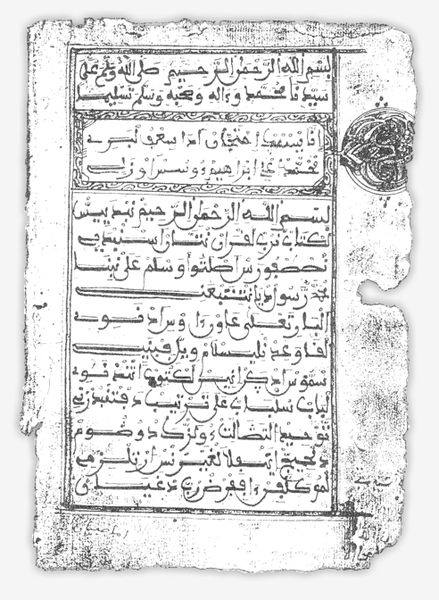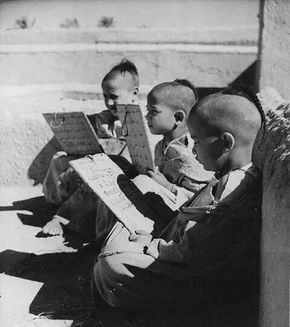The scope of the term “colonial”
Colonialism is a doctrine or ideology that justifies colonization understood as the extension of sovereignty of a modern, foreign State over territories outside its national borders.
The Muslim Conquest was not a form of colonialism.
Arab Conquest in North Africa
The seventh century Muslim Conquest does not represent some ultimate dagger to Berber populations by the “imposition of Arabization.” Arabization of North Africa happened in stages across vast periods of time, and Arabs were not the only ones to influence non-Arabs. Non-Arabs themselves played a tremendous role in the anchoring of the Arabic language in public life.
Linguistic Arabization also owes itself to variable causes — whether by education, migrating to an Arabophone city, the intermarriage between tribes, and so forth. Yussef Ou Tashfin, the military leader of the Almoravid dynasty, is said to not have spoken Arabic himself, yet today people from his tribe are Arabophones. The comparison between French colonization and the Muslim Conquest is quite evidently spurious once one acquires a constructive understanding of how nations and states have historically evolved.
Arabization was also not the same in different regions. Some regions were Arabized early, like the Doukkala of Morocco at the time of the Almohads, who brought Arab tribes to prevent revolts from the Idoukkalen. Other regions became Arabized during the colonial and post-colonial period for different reasons.
Arabic will never have the history of the French language in the Maghrib. Before then, Arabic was used because it was the lingua franca of the Muslim world; the alphabet was even used to write in Berber languages and other forms of ‘ajami. Mḥemmed U-Ɛli U-Brahim Akʷbil Awzal is the most important author in the literary tradition of Tashelhit. He was born around 1680 in the village of al-Qaṣaba in the tribal territory of the Indouzal (Sus region of Morocco), and died in 1749. His full name in Arabic is Muḥammad ibn ʿAlī ibn Ibrāhīm al-Akbīlī al-Hawzālī (or al-Indūzālī) al-Sūsī. He is the author of several works in Tashelhit (Shilha) and Arabic which are preserved in manuscripts.

For Kabylia, I recommend reading this very interesting article. Manuscript libraries of zawiyas in eastern Kabylia show transliteration of Taqbaylit using Arabic script. “The best-documented ones are the religiously focused materials from the collection of Shaykh Lmuhub Ulaḥbib of Tala Uzrar (near Bejaia), born in 1822 (Aïssani 1998), some of which may predate the 19th century.”



Furthermore, in Kabylia, “The codes submitted to the French authorities were in Arabic, frequently written by the local imam or other religious scholars” (Scheele, 2008). It was the French language that established a real colonial force in all history of the Muslim world.
During colonial times, the French declared that Maghribis were illiterate, but this was not true.
What is Arabization?
A relative balance between Arabophone and Berberophone regions was established over time, alongside complete Islamization (urban Jews aside). The territory became divided between Berber-speaking/Berber tribes, Arabic-speaking Berber tribes (who today are likely to consider themselves plainly Arab), Arab tribes, and more rarely bilingual Arab tribes.
The views expressed in this article are the author’s own and do not necessarily reflect Amazigh World News’ editorial views.
[ads2]

